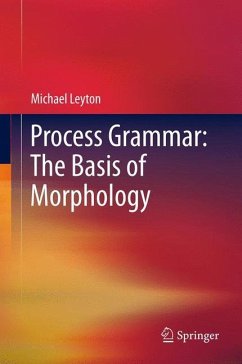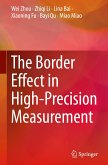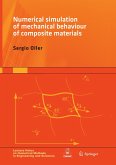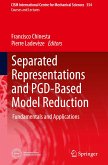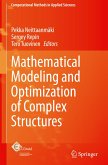Leyton's Process Grammar has been applied by scientists and engineers in many disciplines including medical diagnosis, geology, computer-aided design, meteorology, biological anatomy, neuroscience, chemical engineering, etc. This book demonstrates the following:
The Process Grammar invents several entirely new concepts in biological morphology and manufacturing design, and shows that these concepts are fundamentally important.
The Process Grammar has process-inference rules that give, to morphological transitions, powerful new causal explanations.
Remarkably, the book gives a profound unification of biological morphology and vehicle design.
The book invents over 30 new CAD operations that realize fundamentally important functions of a product.
A crucial fact is that the Process Grammar is an example of the laws in Leyton's Generative Theory of Shape which give the ability to recover the design intents for which the shape features of a CAD model were created. The book demonstrates that the Process Grammar recovers important design intents in biological morphology and manufacturing design. In large-scale manufacturing systems, the recovery of design intents is important for solving the interoperability problem and product lifecycle management.
This book is one of a series of books in Springer that elaborates Leyton's Generative Theory of Shape.
The Process Grammar invents several entirely new concepts in biological morphology and manufacturing design, and shows that these concepts are fundamentally important.
The Process Grammar has process-inference rules that give, to morphological transitions, powerful new causal explanations.
Remarkably, the book gives a profound unification of biological morphology and vehicle design.
The book invents over 30 new CAD operations that realize fundamentally important functions of a product.
A crucial fact is that the Process Grammar is an example of the laws in Leyton's Generative Theory of Shape which give the ability to recover the design intents for which the shape features of a CAD model were created. The book demonstrates that the Process Grammar recovers important design intents in biological morphology and manufacturing design. In large-scale manufacturing systems, the recovery of design intents is important for solving the interoperability problem and product lifecycle management.
This book is one of a series of books in Springer that elaborates Leyton's Generative Theory of Shape.

